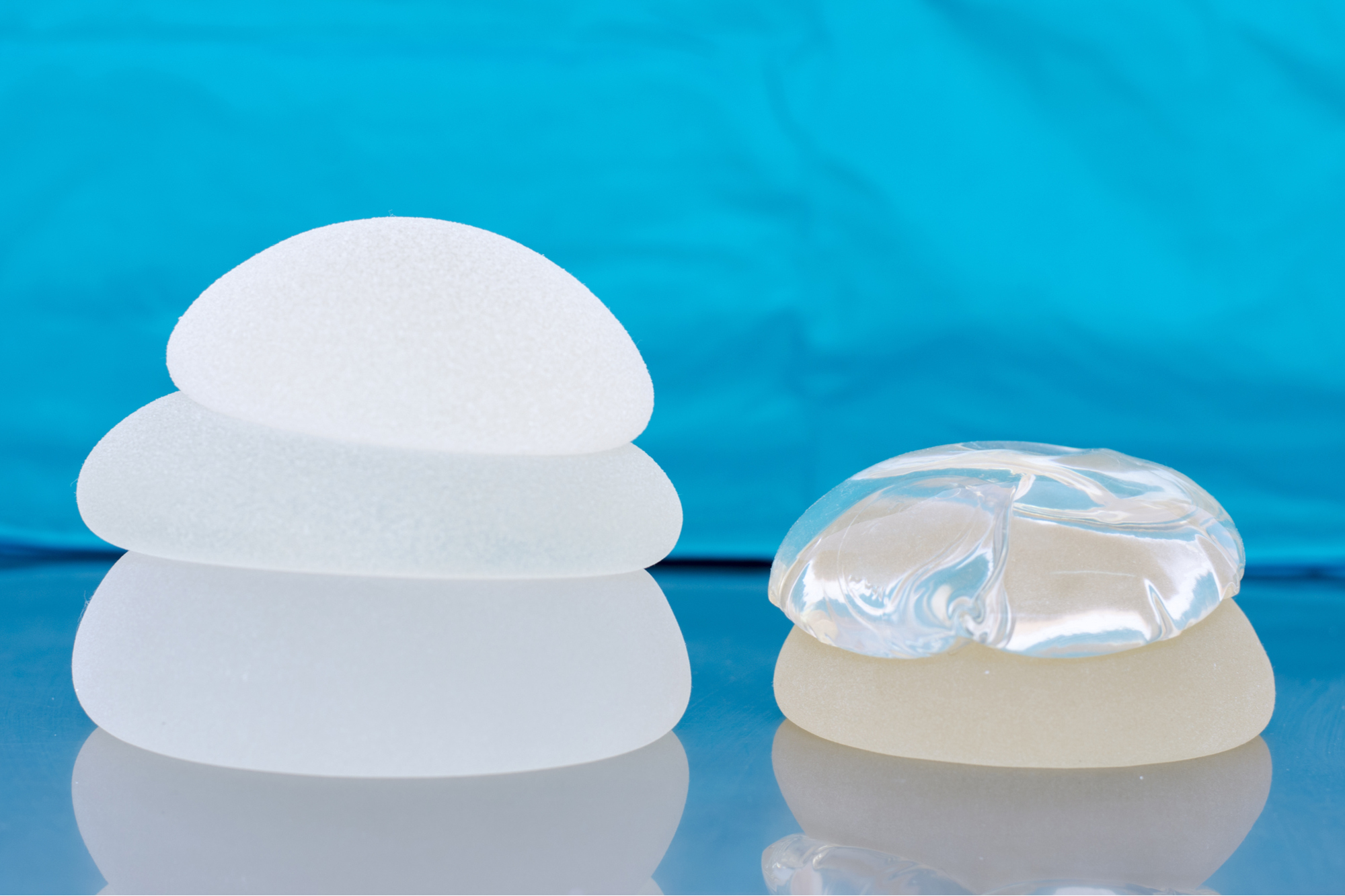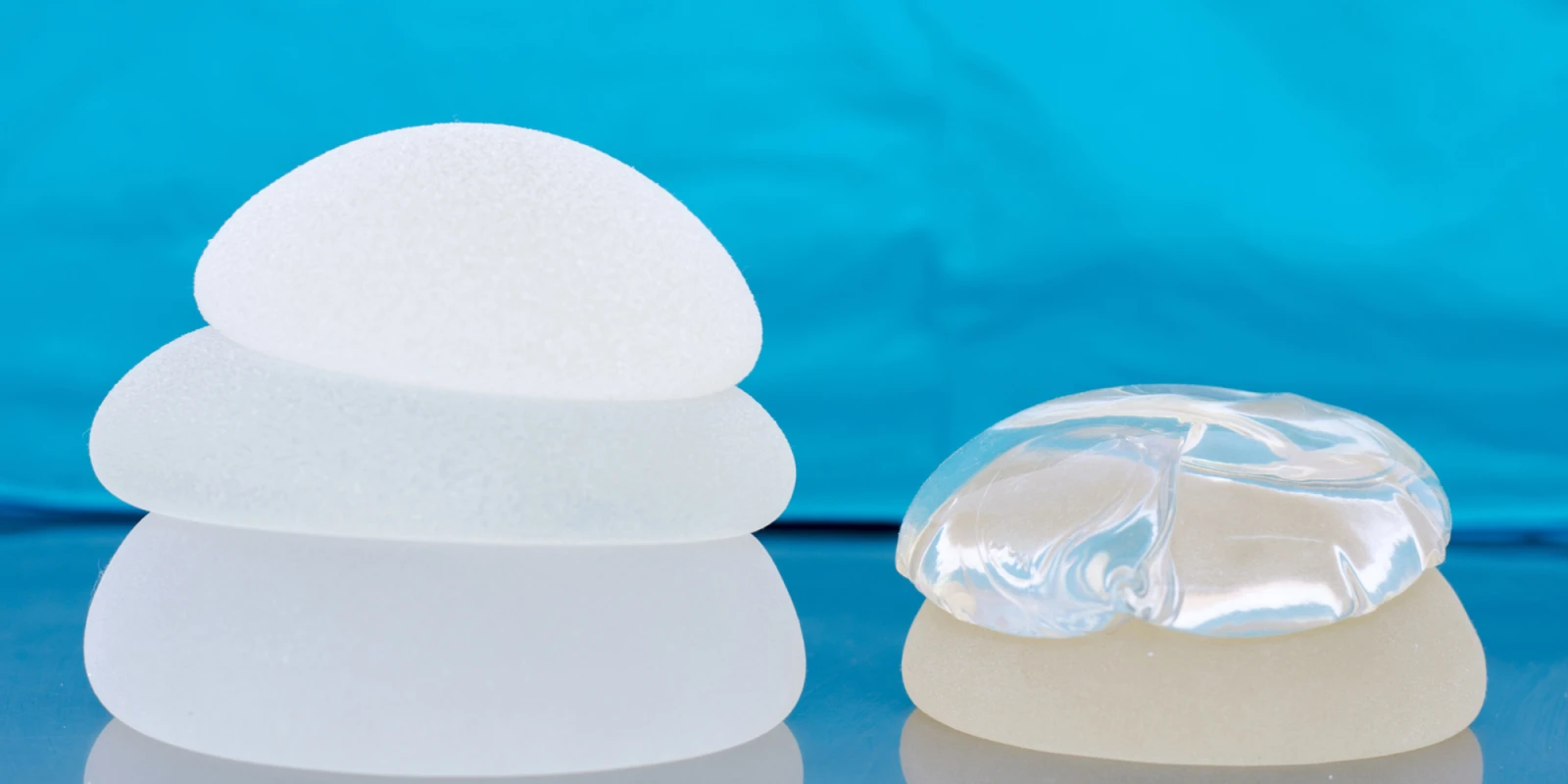
There have been concerns for years that breast implants can increase one’s risk of auto-immune disease, but recent “post-market” studies have proven this beyond a shadow of a doubt. A July 2017 study found that silicone breast implants can “bleed”, and this is a chronic stimulant of the immune system. As the silicone spreads throughout the body, they trigger inflammatory syndrome and autoimmune responses (1).
This is correlated with a higher rate of allergies, autoimmune disorders, lymphomas and immune deficiencies in women with silicone breast implants (1). Their autoimmune conditions are thought to be caused by the implants, though it is possible that some of them would have developed the condition without implants present. Breast implants that leak can worsen existing autoimmune disorders, as well (2). For example, Yolanda Foster of “Real Housewives” had her breast implants removed because the silicone leak was worsening her Lyme disease.
The MD Anderson Cancer Center study showed that silicone breast implants were correlated with a higher rate of several autoimmune disorders (3). This list includes Sjogren syndrome, scleroderma, stillbirth, rheumatoid arthritis, systemic sclerosis, sarcoidosis, multiple sclerosis and melanoma. The link between silicone breast implants with cancer, autoimmune disease and connective tissue disease explains why they were banned in 1992, though they were reinstated on a limited basis in 2006 on the condition that manufacturers do long term studies on their health impact. An interim FDA study found that women with leaking or ruptured breast implants were three times more likely to have fibromyalgia (4).
A review of almost 100,000 breast implant patients and their long term outcomes confirmed issues that had previously been reported on an anecdotal level (5). For example, I noted an increasing number of patients asking for their breast implants to be removed. According to the January 2019 review, however, there is a surprising number of patients who have problems with their breast implants.
The autoimmune conditions patients reported include cognitive problems, back pain, shoulder pain, recurring infections, rashes and inflammation. In some cases, autoimmune disorders like lupus strike soon after the breast implant was put in, strongly suggesting that the autoimmune disorder was triggered by the implant. Many simply report problems like months-long flu like symptoms, joint pain, hair loss or dry eyes (6).
The risk of breast implant ruptures was higher for those with saline implants, while capsular contracture was more common for those with silicone implants (5,7). Capsular contracture is when the breasts become hard and painful because the body is rejecting the breast implant as a foreign body. The body then forms scar tissue around the implant. This is, by definition, an immune response to the breast implant.
Nearly 12% of patients had a second operation within seven years, and by the ten year mark, up to one in four women were carrying a second set of implants (5). About a quarter of patients had breast revision surgery or reconstruction5. Common issues included infection, hematoma, scar tissue formation and loss of breast sensation. Painful and hyper-sensitive nipples are somewhat common problems.
The FDA found that as many as one in five women who had silicone breast implants for cosmetic reasons had them removed within ten years. Women who had a reconstructive surgery after mastectomy had to have the implants removed roughly half of the time. This means breast implant revision surgery is not only common but routine for cancer survivors (8).
Studies are suggesting this, and patients are increasingly taking this route. A July 2017 study in the Current Opinion in Rheumatology found that 60% to 80% of patients say their signs and symptoms improve. Many patients who continue to deal with autoimmune disorders or breast implant illness feel better after the implants are removed.
Surgeons have observed a surge in the number of patients who asked for the removal of their implants, all of this due to some complications they experience (9). Women with silicone breast implants could have the implant replaced with a saline breast implant or removed altogether. Board-certified surgeons such as myself can reconstruct the breast so that it looks completely normal after breast implant removal.
A University of Alberta study found that one in four breast implantation patients are at risk of developing autoimmune diseases. Women with implants were 45% more likely to develop such a condition than those without implants. Women were also much more likely to suffer allergies after the implant than before. Removing breast implants now eliminates that risk factor for those who are currently symptom-free.
References
- Cohen Tervaert, J., Colaris, M., & Van Der Hulst, R. (2017). Silicone Breast Implants and Autoimmune Rheumatic Diseases: Myth or Reality [Abstract]. Current Opinion in Rheumatology, 29(4), 348-354. doi:10.1097/BOR.0000000000000391
- Zuckerman, D., PhD, & Srinivasan, V., MBBS. (2018, November 21). Breast Implant Illnesses: What’s the Evidence? Retrieved from http://www.center4research.org/breast-implant-illnesses-whats-evidence/
- MD Anderson Cancer Center, Public Relations Office. (2018, September 13). Largest-Ever Study Shows Silicone Breast Implants Associated with Rare Diseases [Press release]. Retrieved from https://www.mdanderson.org/newsroom/largest-ever-study-shows-silicone-breast-implants-associated-with-rare-diseases.h00-159227301.html
- U.S. Food and Drug Administration. (2018, January 18). Study of Silicone Gel Breast Implant Rupture, Extracapsular Silicone, and Health Status in a Population of Women [Press release]. Retrieved from https://www.fda.gov/medical-devices/breast-implants/study-silicone-gel-breast-implant-rupture-extracapsular-silicone-and-health-status-population-women
- Coroneos, C. J., MD, MSc, Selber, J. C., MD, MPH, Offodile, A. C., II MD, MPH, Butler, C. E., MD, & Clemens, M. W., MD. (2019). US FDA Breast Implant Postapproval Studies: Long-term Outcomes in 99,993 Patients [Abstract]. Annals of Surgery, 269(1), 30-36. doi:10.1097/SLA.0000000000002990
- Breast Implant Illness - Frequently Asked Questions/Talking Points [PDF]. (2019, January 15). The American Society for Aesthetic Plastic Surgery, Inc.
- Stephan, P. (2019, April 30). Capsular Contracture and Breast Implants: Causes, Prevention, and Treatment. Retrieved from https://www.verywellhealth.com/capsular-contracture-and-breast-implants-430016
- U.S. Food and Drug Administration. (2018, July 16). Update on the Safety of Silicone Gel-Filled Breast Implants (2011) - Executive Summary [Press release]. Retrieved from https://www.fda.gov/medical-devices/breast-implants/update-safety-silicone-gel-filled-breast-implants-2011-executive-summary
- Tiwari, P., MD. (2019, July 31). Breast Implant Associated Autoimmune Disease Study Review [Editorial]. Midwest Breast & Aesthetic Surgery. Retrieved from https://www.mwbreast.com/breast-implant-autoimmune-diseases/
Dr. Pankaj Tiwari is a certified Plastic Surgeon serving in Midwest Breast & Aesthetic Surgery in Columbus and Cincinnati. Dr. Tiwari focuses on breast reconstruction with advanced microsurgical techniques (DIEP and GAP flaps) and the treatment of lymphedema.
Image: BranislavP / shutterstock





